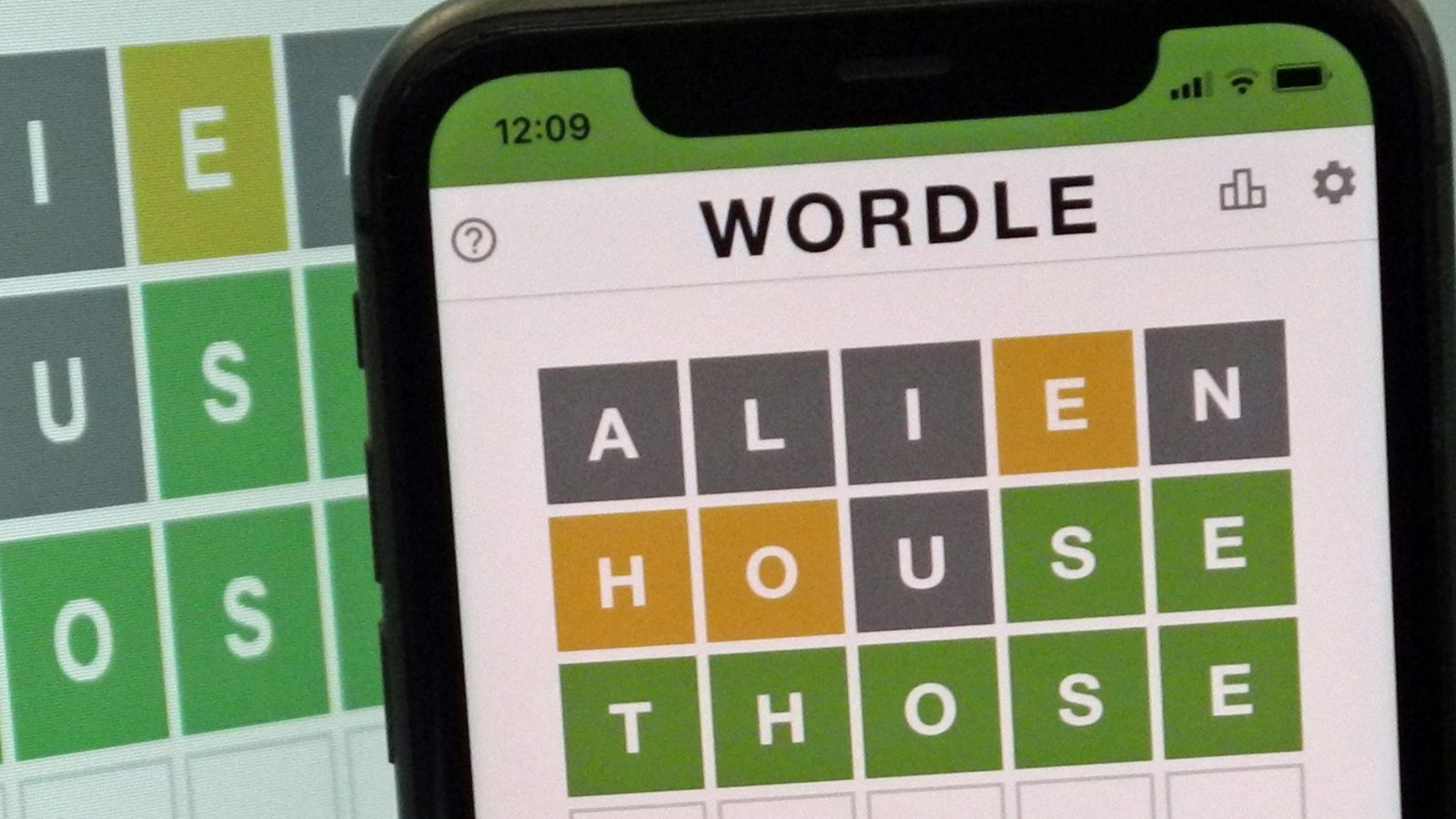The Cambridge Dictionary has revealed its word of the year for 2022, with editors crediting disgruntled Wordle players whose winning streak was ended by an unfamiliar American English term.
The term, “homer” (not to be mistaken for the Simpson or the author of Iliad), is an informal American English word for a home run in baseball – and was searched for nearly 75,000 times during the first week of May when it was an answer in the online five-letter word puzzle.
It became the dictionary’s highest-spiking word of the year, and editors said five-letter Wordle answers dominated searches this year as the game became a phenomenon.
It mainly stumped non-American players, with 95% of the searches originating from outside of North America, as frustrated Wordle players turned to the dictionary to learn what it meant.
Speakers of British English used words like “outraged” and “furious” to complain on social media about the choice of “homer” as the Wordle answer for 5 May.
The American spelling of “humor” caused the second-highest spike in 2022.
Similarly, the third most searched for word was “caulk”, a term more commonly used in American English than in British English, meaning to fill the spaces around the edge of an object, such as a bath or window frame, with a special substance.
Wordle: Two different words in today’s game leave players confused after New York Times makes change due to ‘major recent news event’
Chicago: Grandmother rescued from 17-hour hostage ordeal after police were alerted because she missed a Wordle game
Americans, in turn, grumbled about “bloke”, which appeared on Wordle on 25 July.
Wendalyn Nichols, Cambridge Dictionary publishing manager, said: “Wordle’s words, and the public’s reactions to them, illustrate how English speakers continue to be divided over differences between English language varieties, even when they’re playing a globally popular new word game that has brought people together online for friendly competition about language.
“The differences between British and American English are always of interest not just to learners of English but to English speakers globally, and word games are also perennially entertaining.
“We’ve seen those two phenomena converge in the public conversations about Wordle, and the way five-letter words have simply taken over the lookups on the Cambridge Dictionary website.”
Read more at Sky News:
How a simple online game became a million-dollar viral phenomenon
How Wordle saved a grandmother from 17-hour hostage ordeal
Searches for Wordle’s five-letter words on the Cambridge Dictionary website also dominated over other high-interest words connected with current affairs.
The word “oligarch” was likely prompted by news of Vladimir Putin’s war in Ukraine, as well as the adjective “vulnerable”, linked to cost of living crisis.
New words have been added to the Cambridge Dictionary this year such as “shrinkflation” – a term for when the price of a product remains the same, but its size gets smaller.








